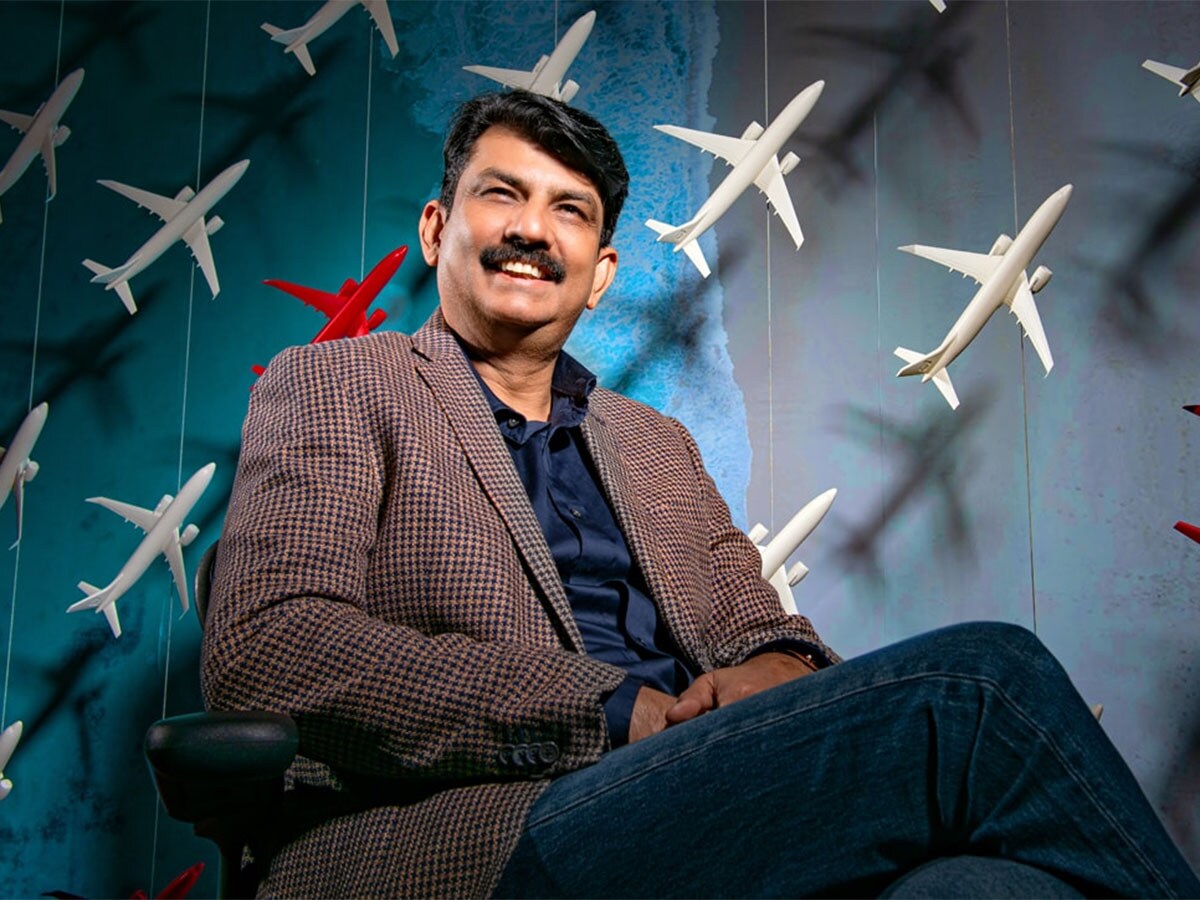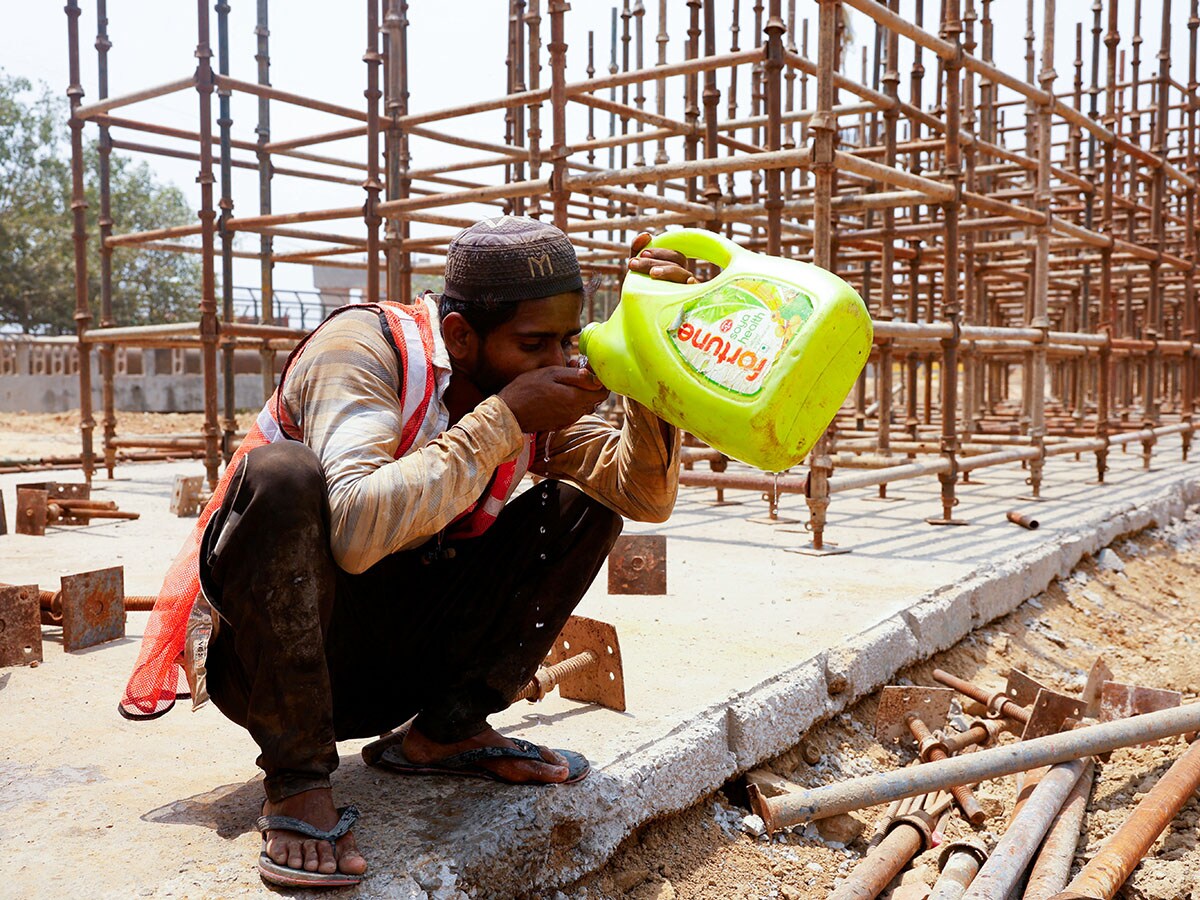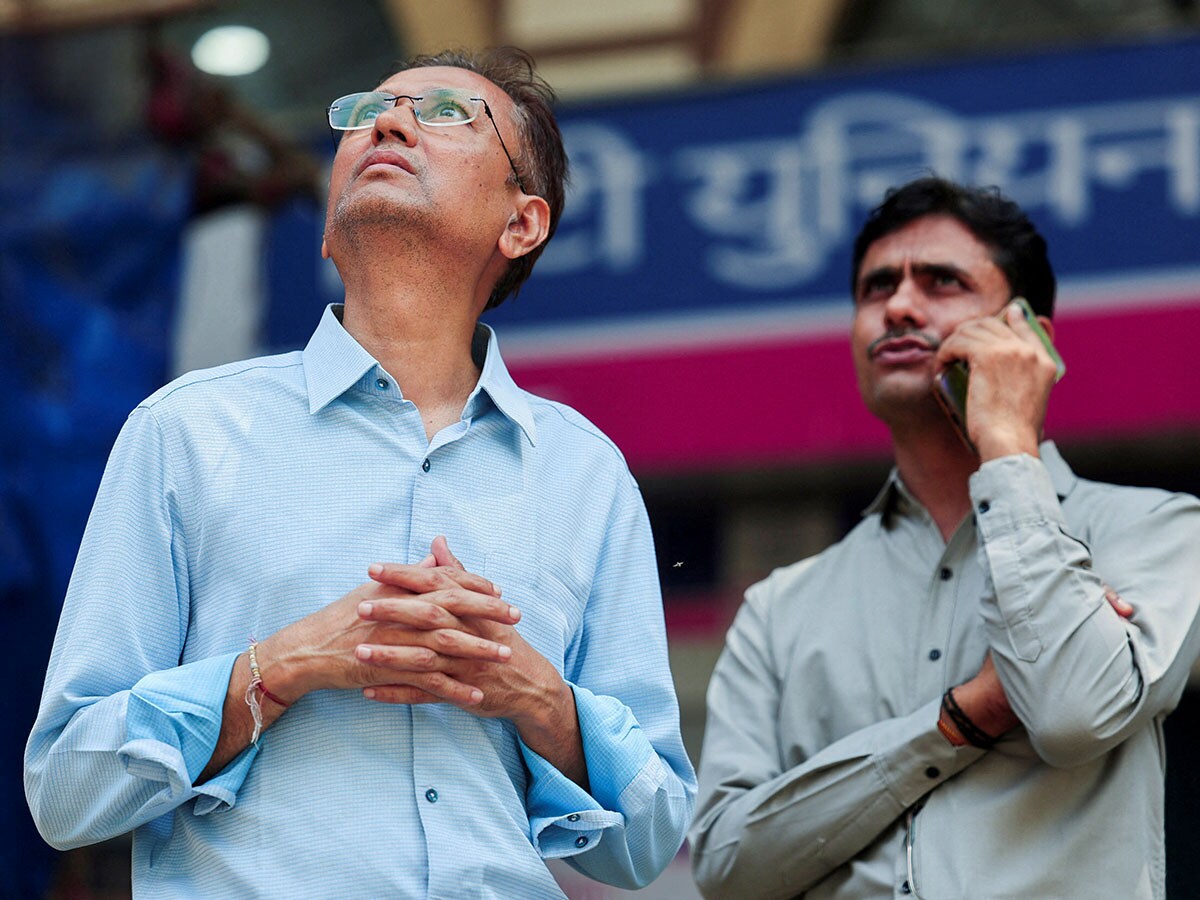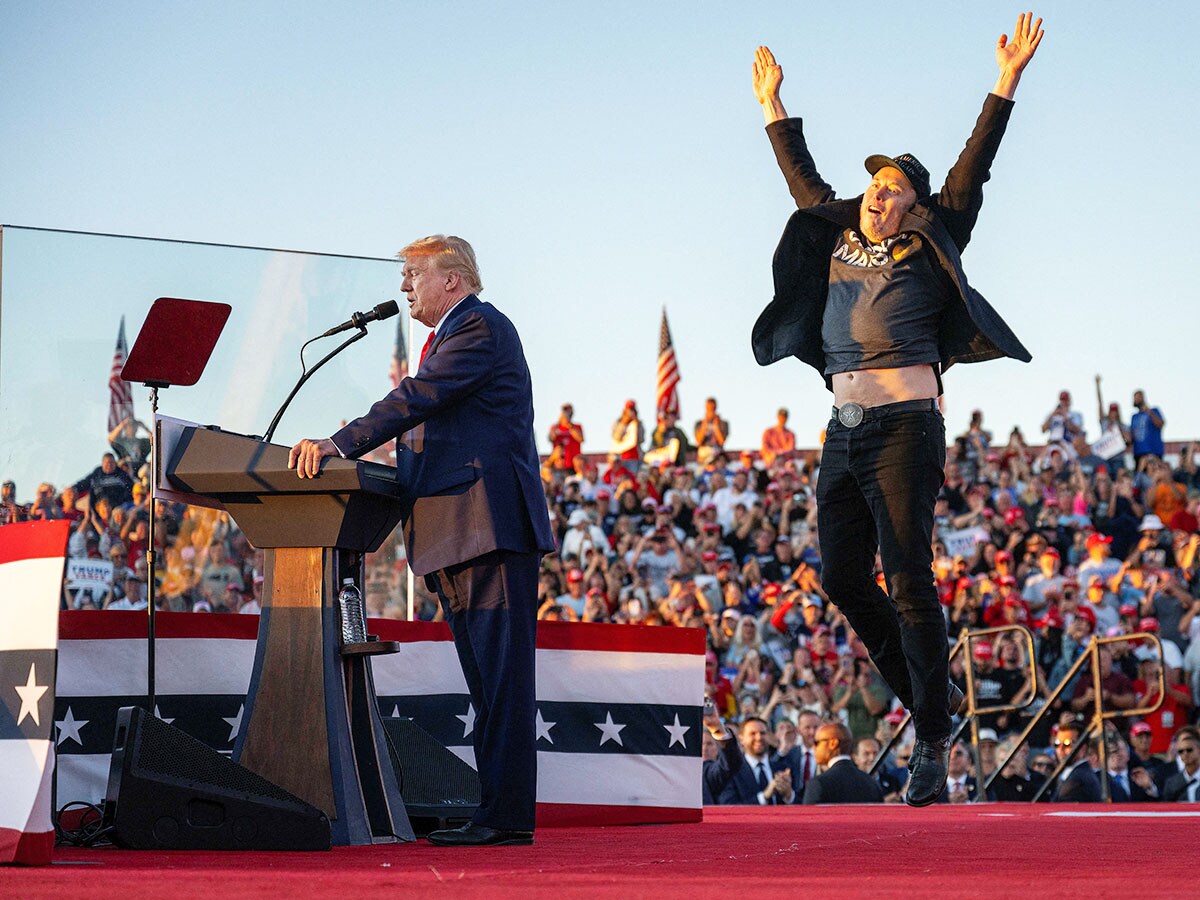From Gensol's governance mess to India's new tennis prodigy Maaya Rajeshwaran, o
In this week's newsletter, also read about MakeMyTrip's growth plan, the impact of heat stress on India's workforce, Elon Musk's Trump-era shockers, and much more


Gensol Engineering, once a rising star in India"s renewable energy sector, is now embroiled in a financial crisis. Market regulator Sebi found alarming discrepancies in the route the company had taken to divert funds to its promoters, Puneet and Anmol Jaggi. The brothers, once known for their serial entrepreneurship acumen, diverted the corporate funds to splurge on high-end personal amenities. Sebi"s probe has also impacted the operation of EV cab service BluSmart—one of the startups funded by the brothers. However, retail shareholders are the real victims in this fraudulent chapter of Gensol. But who holds the bigger blame? The Jaggis or Sebi, which could have prevented this financial mess instead of reacting to it after the fact? Here"s a detailed analysis.
 MakeMyTrip Co-founder Rajesh Magow Image: Amit Verma
MakeMyTrip Co-founder Rajesh Magow Image: Amit Verma
"‹On May 1, 2000, Deep Kalra"s MakeMyTrip (MMT) registered its first-ever sell. It was a flight booking from the US to India. A quarter of a century later, it has served more than 80 million travellers while redefining the travel experience for millions of Indians. From flights to hotels, visas to forex, MMT’s journey so far has involved navigating the daunting maze of travel agents, changing schedules, geopolitics, natural disasters, and the once-in-a-lifetime Covid-19 pandemic. The next growth steps now involve integrating cutting-edge AI technologies, focusing more on a seamless user experience, and becoming a super app. MMT co-founder Rajesh Magow explains the path ahead.
 This file photo shows a construction worker drinking water from a container as he takes a break at a construction site during a hot summer day in New Delhi, India Image: Priyanshu Singh / Reuters
This file photo shows a construction worker drinking water from a container as he takes a break at a construction site during a hot summer day in New Delhi, India Image: Priyanshu Singh / Reuters
As India braces for an exceptionally harsh summer, the Indian Meteorological Department (IMD) warns of significantly higher-than-usual heatwave days from April to June. This alarming forecast raises concerns about the well-being of the nation"s workforce, particularly those in the informal sector who are most vulnerable to heat stress. The situation underscores the need for both immediate and long-term measures to protect workers from the escalating effects of extreme heat. As the workforce faces a scorching challenge, what is the action plan of policymakers and private companies that are responsible for protecting the people?
 Image: Reuters/Francis Mascarenhas/File Photo
Image: Reuters/Francis Mascarenhas/File Photo
India’s stock markets have recently rebounded, but experts caution that this surge may be misleading. Morgan Stanley has revised its year-end Sensex target down to 82,000 from 93,000, citing concerns over weak corporate earnings, volatile currency movements, and global trade tensions. The ongoing trade war, particularly the US"s escalating tariffs on China, adds to the uncertainty, affecting investor confidence and foreign institutional investments. Despite a temporary boost from a 90-day tariff pause, the underlying economic indicators suggest that this recovery might not be sustainable. Analysts advise investors to remain cautious, emphasising that the current rally could be a short-lived respite rather than a sign of long-term stability.
 Maaya Rajeshwaran Revathi. Image: Mexy Xavier
Maaya Rajeshwaran Revathi. Image: Mexy Xavier
At just 15, Maaya Rajeshwaran is making waves as the sole Indian at the prestigious Rafa Nadal Academy in Spain. Her journey from Coimbatore to Mallorca is marked by early victories in domestic tournaments and six ITF junior titles since 2022. Notably, she reached the semifinals at the WTA 125 Mumbai Open, defeating seasoned players and becoming the first player born in 2009 to achieve this feat. With a playing style that blends power and finesse, Maaya is poised to follow in the footsteps of tennis greats, signalling a promising future for Indian tennis.
 Image: Shutterstock
Image: Shutterstock
Last July, Zepto CEO Aadit Palicha stated that the quick-commerce unicorn is racing to surpass retail giant DMart in sales within the next 18–24 months, buoyed by its rapid growth and tech-driven delivery model. This is a race between Zepto’s flashy tech-driven convenience and DMart’s no-frills, cost-conscious empire. While Zepto has captured attention with its rapid delivery and sleek user experience, it’s also incurring massive losses. Meanwhile, DMart thrives by doing less: offering a limited product variety, minimal store ambience, and maintaining relentless cost control. Here"s a quick analysis of why chasing customer delight without mastering the economics could be a costly mistake in the age of quick commerce.
 Tesla CEO Elon Musk (R) jumps on stage as he joins former US President and Republican presidential candidate Donald Trump during a campaign rally at site of his first assassination attempt in Butler, Pennsylvania, on October 5, 2024. Image: Jim WATSON / AFP
Tesla CEO Elon Musk (R) jumps on stage as he joins former US President and Republican presidential candidate Donald Trump during a campaign rally at site of his first assassination attempt in Butler, Pennsylvania, on October 5, 2024. Image: Jim WATSON / AFP
Elon Musk says he will step back from his controversial White House role as the unofficial head of the cost-cutting "Department of Government Efficiency" (DOGE) to focus more on his troubled Tesla car company. His tenure as an adviser to former President Donald Trump was marked by a series of headline-grabbing moments--from raising eyebrows with a controversial Nazi salute at Trump’s inauguration to clashing with the administration over trade tariffs. While classified as a mere "special government employee," the South African-born tycoon has left an indelible mark on American politics as President Donald Trump"s most visible billionaire backer.
First Published: Apr 26, 2025, 10:00
Subscribe Now